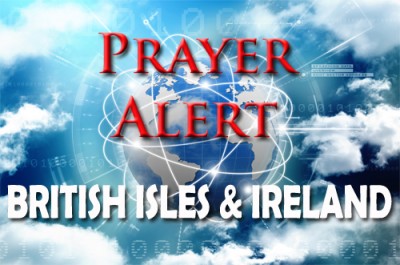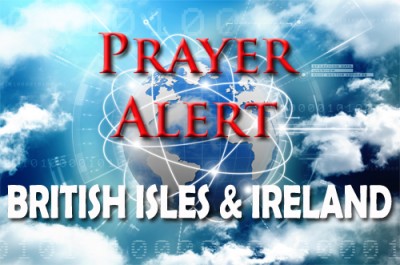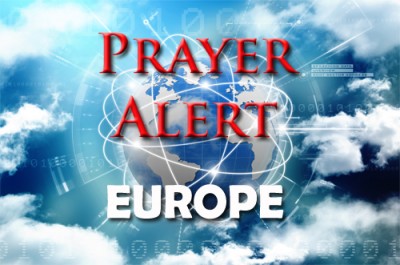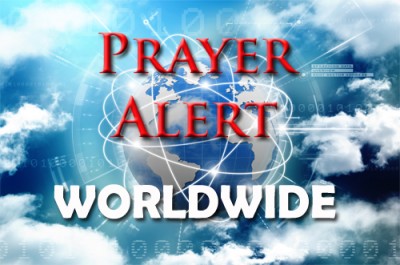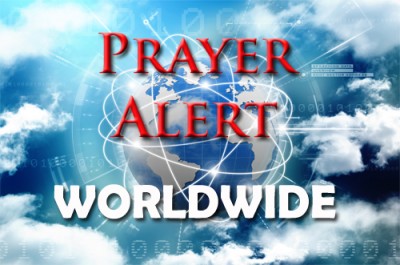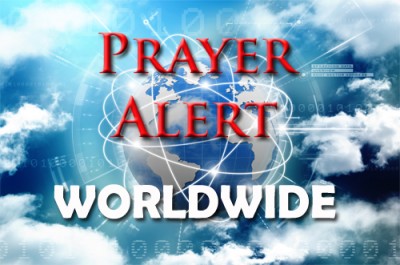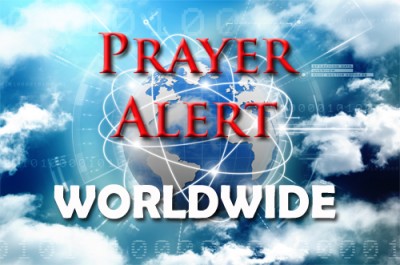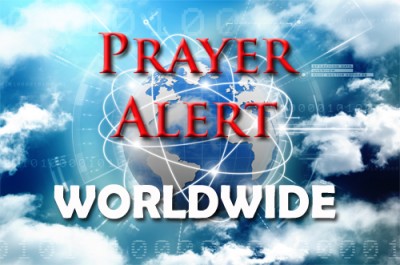Eire faces bus dispute
The country is facing the possibility of a major industrial dispute across bus and rail services in the state-owned transport sector over a radical survival plan for Bus Éireann. Unions last night claimed that cuts to premium payments, overtime rates and other allowances proposed as part of the new management plan could lead to a 25 per cent reduction in earnings for staff. However, the firm argued that its financial position was unsustainable and that, without decisive action to tackle its cost base and inefficiencies, it would go out of business. The company has signalled that its plan could involve redundancies or layoffs, and also proposed that in future casual drivers and contractors could be used as cover for existing staff. The National Bus and Rail Union (NBRU) described the proposals as ‘stomach-churning’. It said the proposed pay rises were insulting, given the level of overall cuts involved in the package.
Challenging media inaccuracies about Muslims
Miqdaad Versi, of the Muslim Council of Britain, spends his time reading every story in the media concerning Muslims and Islam - looking for inaccuracies. If he finds one, he will put in a complaint or a request for a correction with the news organisation, the press regulator Ipso, or both. Mr Versi has been doing this thoroughly since November, and before that on a more casual basis. He has so far complained more than fifty times, and the results are visible. He was personally behind eight corrections in December and another four so far this month. ‘Nobody else was doing this’, he says. ‘There have been so many inaccurate articles about Muslims overall, and they create this idea within many Muslim communities that the media is out to get them. Nobody is challenging these newspapers and saying, “That's not true”.' Some free speech campaigners are concerned that this kind of work is trying to ‘ring-fence Islam from criticism’. Mr Versi, however, insists his work is about ensuring the facts are right - not silencing critics. He says there are many examples where Muslims can be rightly criticised, and he is not complaining about those. ‘All I'm asking for is responsible reporting.’
Italy: avalanche engulfs hotel
Rescuers are still hopeful that they will find survivors after an avalanche on Wednesday left at least two people dead and dozens more buried under rubble and snow. Teams worked through the night in the search for at least 25 people believed to be missing. The avalanche struck the remote Rigopiano hotel, in the central Abruzzo region, after multiple earthquakes in the region. Two people who were outside the hotel at the time of the avalanche survived. The earthquakes, four of which were stronger than magnitude 5, terrified residents of rural areas who were already struggling with harsh conditions after heavy snowfall buried phone lines and took out power cables. Prosecutors in Pescara, the nearest big city, opened a manslaughter investigation into the disaster, amid growing criticism of the Italian authorities’ slow response.
World watches Trump’s inauguration
As Donald Trump is sworn in today as the 45th President of the USA, there is huge uncertainty and concern in many different countries. Some fear that he will be far too influenced by President Putin, for example on easing sanctions on Russia, making a deal on Syria, and settling the Ukraine issue. Relations with Mexico are set for a downturn because of Trump’s plans to build a wall along the border and to deport illegal Mexican immigrants. Palestinians fear that he will pursue a pro-Israeli policy, while others hope for a more active US role in the Middle East than under Obama. Europe will want to see whether Trump’s negative remarks about NATO and the EU translate into a change in policy, and countries such as China and South Africa will wonder if Trump will impose tougher conditions on new trade deals. All over the world, people will watch and wait to see what kind of president we will have for at least the next four years.
Syria and Iraq
The Christian communities of Syria and Iraq are in the middle of a ‘cataclysmic crisis’, a report warns. Their very existence is in peril, as the world witnesses one of the greatest threats to the Church in the Middle East since its birth over 2,000 years ago. Christians are facing targeted persecution and leaving Syria and Iraq at an increasing rate. If this rate of emigration continues, within a few years the Christian communities in these countries will be utterly devastated. The report warns that war in Syria and Iraq has ‘unleashed a tidal wave of violent persecution’, which has targeted the highly vulnerable Christian population and has dramatically accelerated the flight of Christians from Iraq and Syria. Before 2011, Syrian Christians numbered about eight per cent of the population of 22 million: today about half are believed to have left the country. Before 2003, there were around 1.5 million Christians in Iraq, less than five per cent of the population: now, estimates hover between 200,000 and 250,000. Those who have left often have no hope or expectation of return.
Nigeria: air strike error kills 100
A Nigerian air force jet has mistakenly bombed a camp for displaced people near Rann in the north-east of the country where the military is engaged in what it calls its final push against Boko Haram. Up to 100 people were killed and dozens more injured. The dead include six Red Cross employees. The Médecins Sans Frontières (MSF) aid agency said it is treating 120 injured people and is seeking help with medical evacuations. ‘This large-scale attack on vulnerable people who have already fled from extreme violence is shocking and unacceptable’, said the MSF director of operations. A Red Cross spokesman stated that the agency's dead employees had been ‘part of a team that had brought in desperately-needed food for over 25,000 displaced persons’. A spokesman for the Nigerian military said that some ‘remnants’ of Boko Haram had been detected outside Rann, and the military had acted to eliminate them. He said that after the mistake was realised, they were ‘all in pain’.
Crisis in Gambia
A final deadline has been declared in Gambia, a country in flux with two presidents and West African troops poised to take action. Outgoing president Yahya Jammeh has refused to step down since losing the December election to rival Adama Barrow, who has been sworn in as president in the Gambian embassy in Senegal. Troops from several West African countries, backed by the UN, have entered Gambia in support of Barrow, but have given Jammeh a few more hours to step aside before taking further action. Unless last-ditch negotiations are successful this morning, military intervention is regarded as inevitable. Jammeh has held power in Gambia since a military coup in 1994. See
Global: human trafficking
The International Justice Mission operates in many places around the world, seeking to assist in the conviction of traffickers of adults and children. They currently seek prayer support for teams in Kenya, Uganda, Philippines, Guatemala, Thailand, and Cambodia. Their urgent request today is for a team in South Asia who are seeking to help anti-trafficking police rescue 20+ men from slavery. A recent success story is the conviction of eight men in India, after a three-year trial, for torturing and chopping off the right hands of two innocent men whom they tried to enslave. All eight were sentenced to life imprisonment, the longest sentences ever in an Indian bonded-labour case.

